Rat Control
Rat populations in older cities like Baltimore have been established for hundreds of years, and they will gladly reside in Bolton Hill if we don’t make our neighborhood as inhospitable as we can for them.
Rats are just like people– they need food and shelter to survive.
The city and the EPA offer these recommendations to discourage rats:
Remove their food
- Clean up animal waste immediately — on the street, in parks and in your yard. Rats prefer dog and cat droppings over most other food sources.
- Place bird food in a feeder, never on the ground.
- Do not leave out any kind of food, including pet food and nuts or fruit that fall from trees.
- Use approved trash cans and keep them covered with tight-fitting lids. Place your trash out only on the morning of pick-up. Be alert to city holidays— please keep your trash inside until the morning of the next scheduled pick-up.
Eliminate their shelter
- Seal or cover openings to your house, even above ground level (rats can jump up to three feet and climb wires and pipe very well). This includes the garage, openings in the foundations, and the basement floor drain. Keep doors and windows screened with half-inch mesh hardware cloth.
- Store lumber, firewood or other materials well off the ground.
- Repair any breaks in the sewer line that connects your home with the main sewer system.
- Remove dilapidated sheds or automobiles — they are inviting to rats.
- Though some sources recommend using mothballs to discourage rats, the EPA recently declared naphthalene (the substance in most mothballs) illegal, and they do not deter rats.
Assistance
One source for assistance is the Rat Rubout Program offered by the Baltimore City Department of Public Works. If you call 311, the Department will send exterminators at no cost to your house. They will apply pesticides and place baits, which come in many different forms. Be extremely cautious if you see small boxes filled with bird seed or small pressed squares of corn. Don’t let your children or pets touch anything fitting these descriptions, or any animals or birds that have died as a result.
As an alternative, residents on some blocks have collaborated and hired a private, licensed exterminator to address the issue in their yards and alleys using the safest and most environmentally-friendly approaches available.
* CAUTION *
Professional rat bait is attractive to all kinds of animals and birds. Remember that rat poison presents a significant risk to our children, pets and wildlife not targeted by the bait, including songbirds and raptors. In addition, the poison makes its way through storm drains and into the Chesapeake Bay, causing additional damage to this very fragile ecosystem.

.png)



.png)








